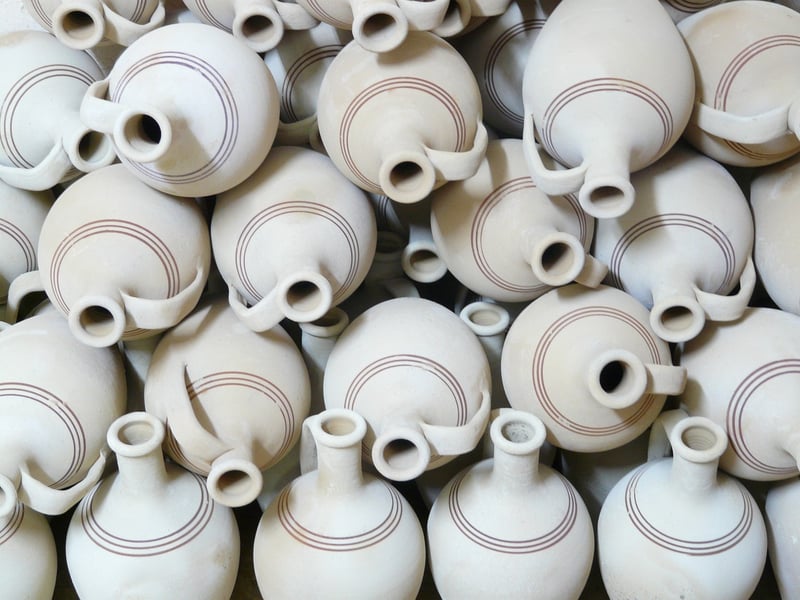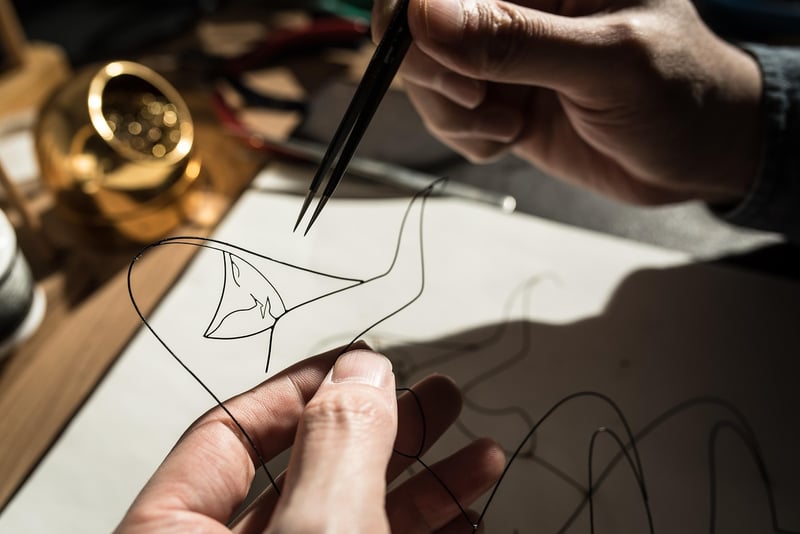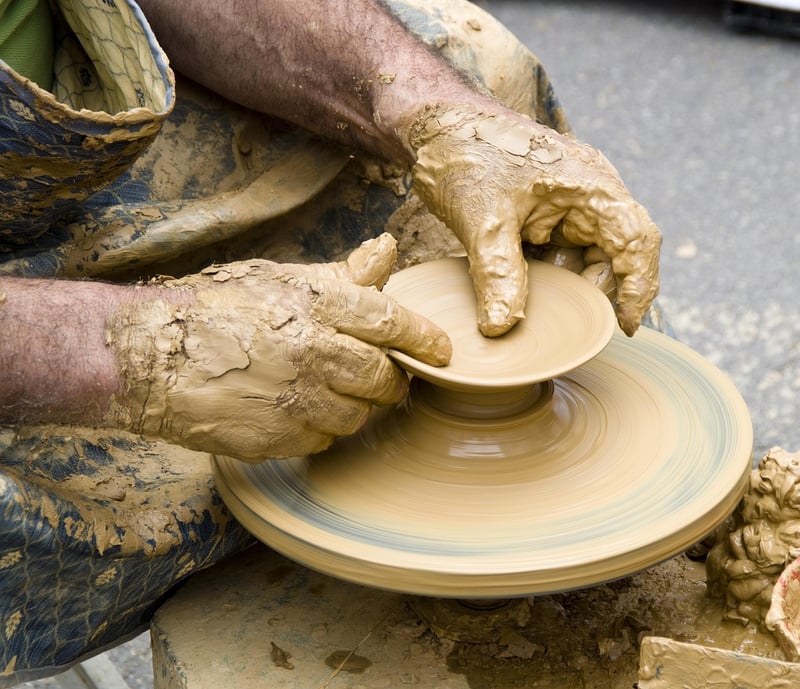Traditional Arts
Immersive Cultural Experiences Through Traditional Arts
Exploring the rich tapestry of a culture often involves engaging with its traditional arts. Whether it's through music, dance, crafts, or storytelling, traditional arts offer a window into the soul of a community, providing insights into its history, values, and creativity. In this article, we delve into the significance of traditional arts in creating immersive cultural experiences.
The Power of Traditional Arts
Traditional arts are not just expressions of creativity but also repositories of cultural heritage. They carry the collective wisdom of generations, reflecting the beliefs, struggles, and triumphs of a people. By participating in or witnessing traditional arts, one can gain a deeper understanding of a culture's identity and evolution.
Types of Traditional Arts
Traditional arts encompass a wide range of forms, including:
- Traditional music and dance
- Folklore and storytelling
- Visual arts like painting, sculpture, and pottery
- Textile arts such as weaving and embroidery
- Craftsmanship like woodworking, metalworking, and ceramics
Benefits of Engaging with Traditional Arts
Participating in traditional arts can have numerous benefits, such as:
- Promoting cultural exchange and understanding
- Preserving and promoting cultural heritage
- Fostering creativity and innovation
- Building a sense of community and belonging
- Providing a therapeutic and meditative outlet
Immersive Experiences
To truly immerse oneself in a culture through traditional arts, consider:
- Attending cultural festivals and performances
- Taking part in workshops or classes
- Visiting museums and artisanal markets
- Exploring cultural heritage sites
Conclusion
Traditional arts serve as bridges that connect us to our roots and to each other. By embracing these art forms, we not only enrich our lives but also contribute to the preservation and celebration of diverse cultures around the world.


